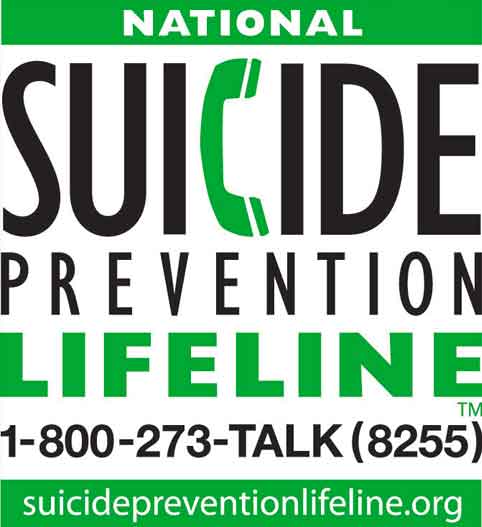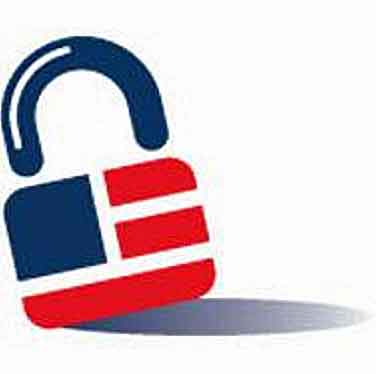
November 10, 2019 – In Breaking News – USA TODAY
6,139 veterans in 2017.
541 members of the active-duty military, Reserve and National Guard in 2018.
186 military family members in 2018.
These numbers don’t just represent our suicide numbers. Each suicide is a human life lost, with loved ones, units and friends left behind.
The cost is too high.
(When you ask how someone is doing and get the response “I’m good,” do you ever give it a second thought? The VA and the DoD have come together to create a video that addresses this question. “I’m Good” features actual Veterans and Service members talking about the conflicting feelings that sometimes underlie offhand responses like “I’m good.” It also highlights the important role that families, friends, co-workers, and other acquaintances can play in helping to prevent suicide. The video emphasizes the importance of being there for the people in our lives who, though they may not always show it, aren’t doing so well. Courtesy of the Veterans Health Administration and YouTube.)
In our country, only 1% volunteer to serve and protect our Constitution; our nation is grateful for their service.
The Departments of Defense and Veterans Affairs must, and will, do better for our military members, veterans and their families.
We don’t accept these numbers, nor are we complacent.
We are seeing unprecedented efforts to increase access to care, reduce stigma and build coping skills.
We are seeing unprecedented commitment at the highest levels to prevent suicide within our communities.
But no organization, agency or effort can alone end suicide.
Service members know that sometimes you may feel under extra pressure and stress. During this period, make sure to safely store your firearm in a secured cabinet, safe, or case. https://t.co/2TSYCbYNxN #SPM19 #BeThere pic.twitter.com/TxLEkVbBCz
— DSPOmil (@DSPOmil) September 25, 2019
The most recent data shows that national suicide rates are also rising.
As psychologists, there is little someone can say to cause us pause.
We know about pain, trauma and catastrophic events that uproot even the most stoic.
We, too, have had life experiences that shook our ground.
As the son of a veteran, the father of a veteran, and a veteran myself, I am committed to ensuring our veterans are getting the care they need and deserve. Thank you to America’s veterans. https://t.co/qWQiCL3wYA
— Dr. Neal Dunn (@DrNealDunnFL2) November 11, 2019
When we see suicide numbers, we don’t see “them,” we see “us.”
We see people who were hurting and couldn’t see a way out.
And we may each be susceptible given certain circumstances.
(“After the Call” offers a glimpse into the lifesaving work of five Suicide Prevention Coordinators (SPCs) — who share their real stories about the work they do every day to support Veterans and their loved ones. Veterans are referred to SPCs through either the Veterans Crisis Line or VA Medical Centers for help navigating VA’s network of care. Veterans dealing with mental health conditions and difficult life events and experiences can call on any of the 300 SPCs nationwide to get connected with the most appropriate treatment and support plan. Courtesy of Veterans Health Administration and YouTube.)
As long as we as a nation “suck it up” or try to “handle it,” we won’t make progress. None of us.
We must continue to reduce this stigma that is killing far too many veterans, service members and other Americans.
Continue reading… Pentagon and VA: We can prevent military suicide — together
If you are a Veteran in crisis — or you’re concerned about one — free, confidential support is available 24/7. Call the Veterans Crisis Line at 1-800-273-8255 and Press 1, send a text message to 838255, or chat online.
 If you’re in crisis, there are options available to help you cope.
If you’re in crisis, there are options available to help you cope.
You can also call the Lifeline at any time to speak to someone and get support.
For confidential support available 24/7 for everyone in the United States, call 1-800-273-8255.
Learn More…
Proactive 10 Step Suicide Reduction Program for Law Enforcement
Editor’s note: Our thoughts and prayers are with all the families of our military fallen. Know the red flags and your and your loved owns risk for suicide. Talk about it with one another. Acknowledge that getting help is a source of strength.
AST strives to meet a 3 STAR trustworthiness rating, based on the following criteria:
- Provides named sources
- Reported by more than one notable outlet
- Includes supporting video, direct statements, or photos

















